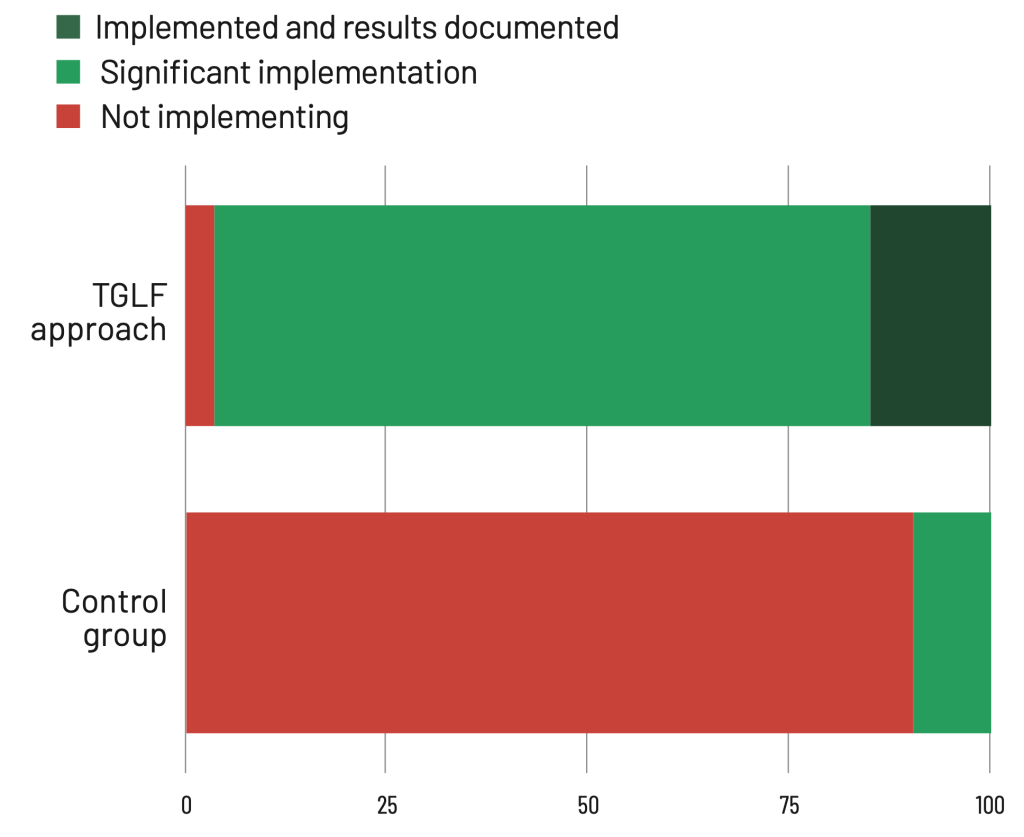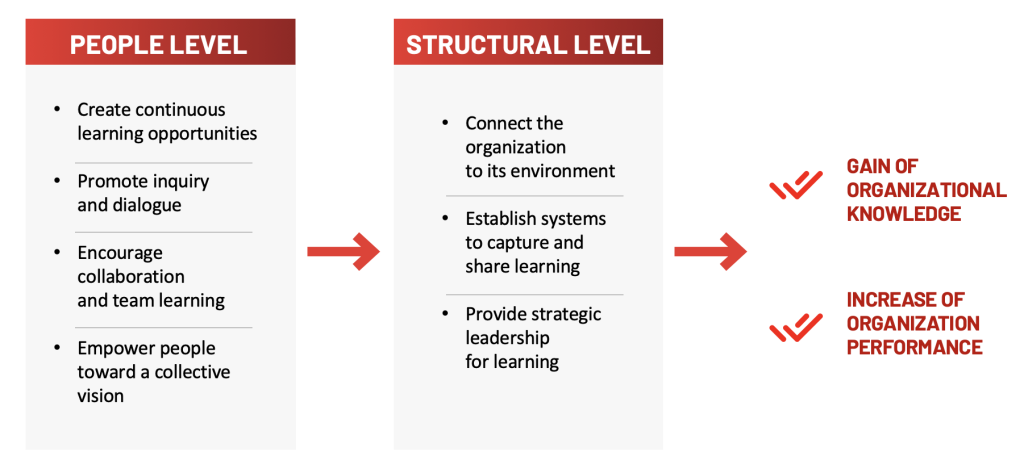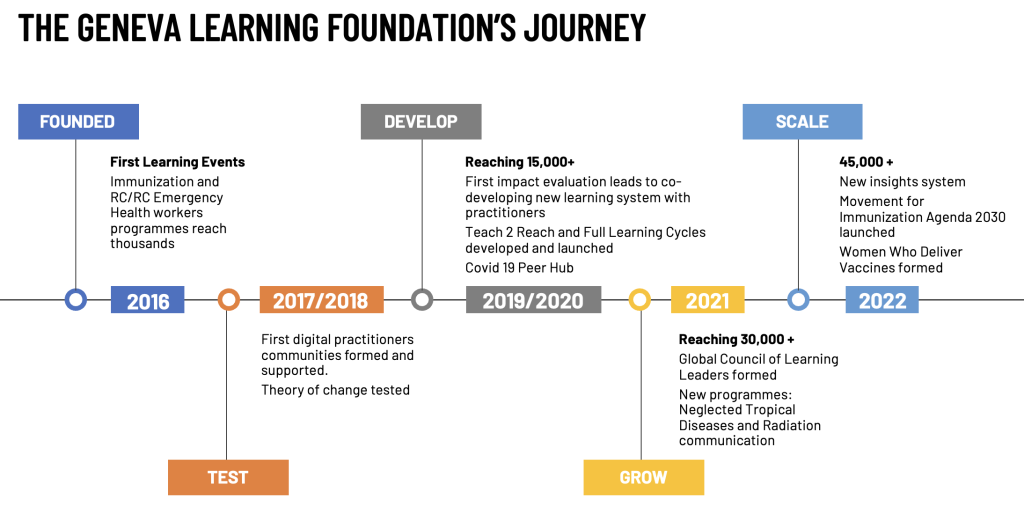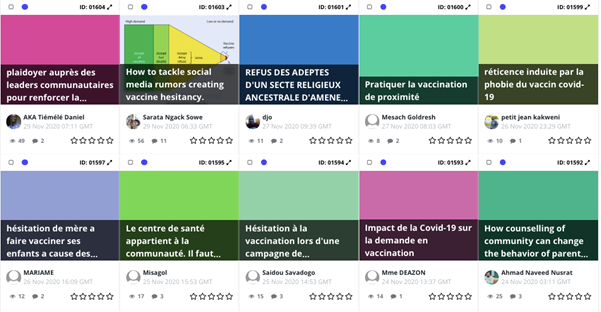
Question 1. Does supplementing face-to-face instruction with online instruction enhance learning?

Question 1. Does supplementing face-to-face instruction with online instruction enhance learning?

**Unique learning experiences generate not just data points but complex stories about what it takes to make change actually happen. **By connecting the dots between ideas and implementation, we can zero in on the highest-value insights. Our Insights Unit uses the latest advances in learning analytics to map how ideas and practices shared between countries and system levels make a difference.

**100% digital 100% human: **using the latest learning technologies and interfaces, we adapt our digital networking interfaces to learner needs and habits to augment their digital and networking capabilities. **Grounded in experience: **we foster problem-solving that values *both *participants’ lived experience and the world’s best available global knowledge.

By defying distance to connect with each other, practitioners expand the realm of what they are able to know beyond their local boundaries. Listening to these diverse voices and experiences is critical to inform programming, policy and decision-making and build bridges across sectoral silos and other boundaries, by providing:

In its first years of operation, the Geneva Learning Foundation (TGLF) built digital infrastructure to foster and support several global networks and platforms connecting practitioners.

**We empower practitioners to tailor learning experiences that fit their own needs to drive change: **Participants do not stop work to learn, every step of the process is embedded in and focused on their daily work. Typical learning events include:

Our approach based on intrinsic motivation , continuous learning and problem–solving leads to impact. Practical implementation with **peer support **accelerates progress to get results and document impact.

In the final stage of a comprehensive TGLF learning programme, alumni implement action plans they have developed together.

As developed by our founders, the TGLF learning-to-impact pathway draws on the best available evidence and our own practice in the learning sciences and multiple other disciplines. TGLF’s diagnostic instruments rapidly identify **the most effective strategies to develop people, teams, and networks **to drive change and performance.

What we do and how we do it have both changed rapidly since we launched the Impact Accelerator, the key component Geneva Learning Foundation’s learning-to-action pathway. We catalyze large scale peer networks of frontline actors facing critical threats to our societies.

A digital human knowledge and action network of health workers: Challenging established notions of learning in global health When Prof Rupert Wegerif introduced DEFI in his blog post, he argued that recent technologies will transform the notions and practice of education. The Geneva Learning Foundation (TGLF) is demonstrating this concept in the field of global health, specifically immunization, through the ongoing engagement of